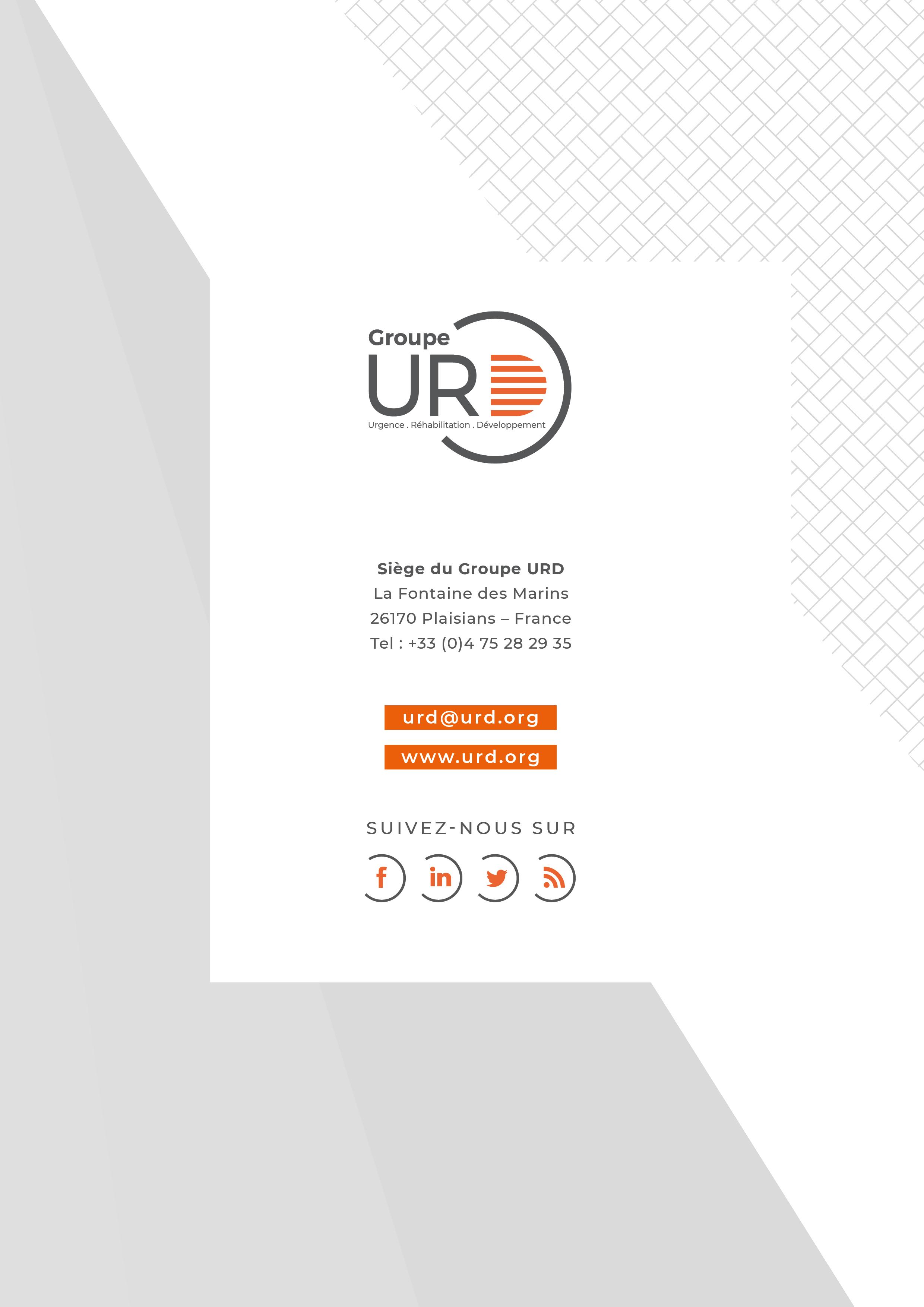DEC Coronavirus 2020 Appeal - Real Time Response Review - Country report Southern Sudan
•
The direct provision of cash was sometimes seen as the best way to support people, including the many IDPs around Juba, as the provision of in-kind aid was made difficult by the transport limitations.
•
The delays resulting from COVID preventive measures impacted the implementation of several existing
programmes and led to the prolongation of programme activities
•
The training of staff became much more complicated and had to be organized in phases, thus taking up more time and resources
•
Lockdown affected procurement and slowed down supply chains 1.2.3. DEVELOPING NEW ACTIVITIES
Many of the new activities were largely in line with “best practice” in health crisis management: -
Some were linked to the development of specific health activities related to the Covid-19; Others were related to activities that were not in place but necessary due to the pandemic: more
WASH programming, more support to Nutrition, more support to alternative educational systems. Responding to the specific impact of Covid-19 in relation to protection. As it took some time to clearly identify needs and how these were evolving, many programmes were just designed when DEC money became available. So even though DEC Covid-19 funding was not available for the first part of the response (this was covered by other resources), it became ready when the new phase of needs was clearer.
1.2.4. ACCOUNTABILITY & COMMUNICATION Over the years, many DEC Member Charities have put in place complaints and feedback mechanisms, such as
hotlines, complaints/feedback boxes and, more importantly, monitoring visits and discussions with communities and local leaders. While technology-based systems have not been very effective in South Sudan, where telephone and internet are largely dysfunctional, or at least unreliable, field visits were the most effective way to create opportunities to listen to people. In the complex context of Covid-19 in South Sudan, field visits, monitoring missions and direct contact were limited for months due to Covid-19 management protocols, thus limiting opportunities to access bottom-up information. All activities involving travel were thus limited. Visits to relief activities and recovery programs changed in frequency. The provision of technical support became extremely difficult, and took up a lot of time, energy and resources.
2. LESSONS AND RECOMMENDATIONS 2.1.
LESSONS LEARNT
In South Sudan, as in most parts of Africa (apart from South Africa and North Africa), Covid-19 did not turn out to be the devastating killer that had initially been feared. However, given that little was known about how the pandemic would evolve, the decision to allocate resources raised by the DEC COVID 19 Appeal to South Sudan made complete sense as part of a ‘no regrets’ approach, in view of the extremely precarious humanitarian situation in the country.
19


